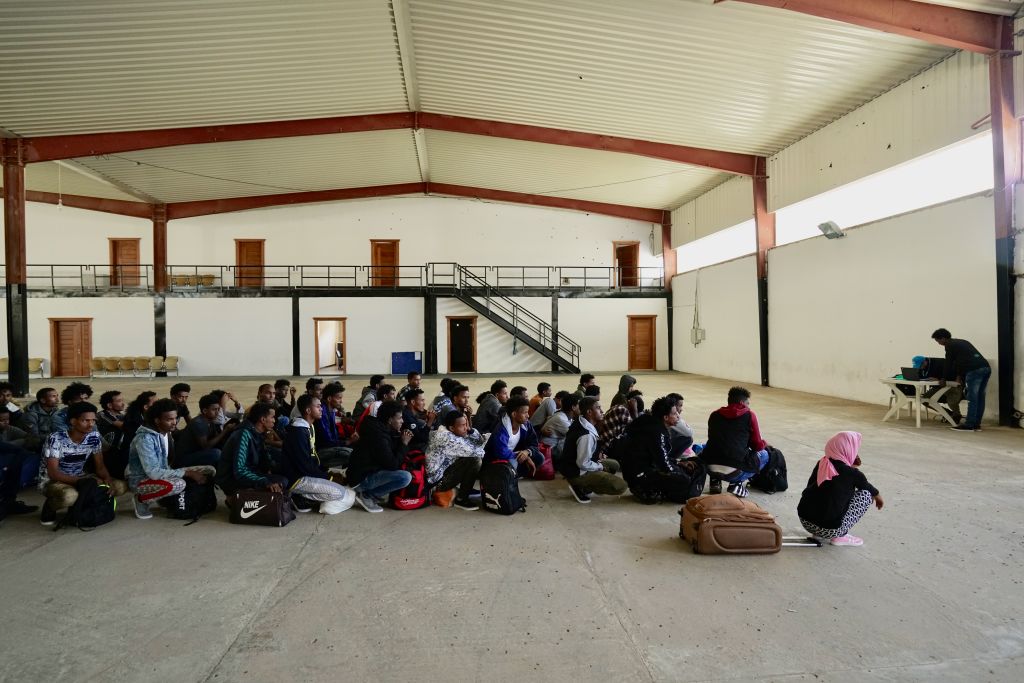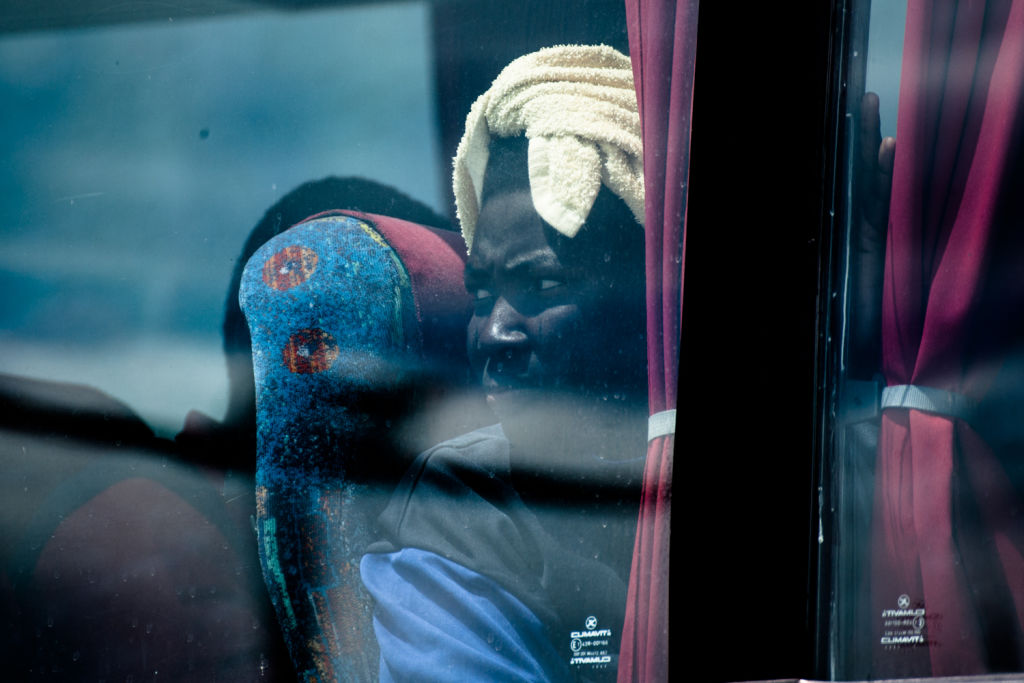Returns to Harm
Europe costly, inhumane and malfunctioning deportation machine
The fact that Europe should spend whatever it takes to send more migrants home is just about the only migration policy that EU member states currently agree on. They are divided on everything else. Frontline states like Italy and Greece complain that they are unfairly burdened; members like Hungary and Poland claim that Europe is being invaded; Germany and Sweden appeal in vain for quotas to equitably distribute asylum seekers. A proposed overhaul of Europe’s asylum system has gotten nowhere despite nearly five years of talks.
This emphasis on return has pushed the EU into returns and readmission deals with regimes with appalling human rights records, as well as countries with ongoing conflicts. In the case of Sudan, government representatives were given privileged access to Europe’s asylum system in order to facilitate the deportation of Sudanese asylum seekers back to Khartoum.
In Nigeria, tens of thousands of migrants are being returned from Libya in an EU initiative that claims to be training and reintegrating the returnees. In Afghanistan, the continued deportations from the EU are being supplemented by so-called voluntary returns and an emerging complex of reintegration NGOs receive funding to reintegrate returnees.
METHODS
Deportations to Harm is an ongoing investigation where we combine methods familiar to investigative journalism with approaches borrowed from more academic research.
This means FOIA requests in the EU, local networks to assist in tracing individuals in Afghanistan and the Horn of Africa, alongside medium term tracking of cohorts of returnees, as well as in-depth, structured interviews in Sudan and Nigeria.
We have begun a nascent database of returns to harm from the EU and mapped organisations working at national and grassroots levels in member states who track post deportation outcomes.
We worked closely with Sudanese colleagues who were able to track down some of the deportees in country and collect their testimony.
STORYLINES
When European countries deported Sudanese asylum seekers, the EU officials guarding them on the flights often handed them directly to Sudan’s intelligence services (NISS) at Khartoum airport. What happened next including beatings and cigarette burns before even leaving the airport. In a joint investigation with Mediapart in France and NRC in the Netherlands, we tracked down deportees still living in fear, hiding in their own country now living in exile outside Sudan.
In Nigeria, we covered one of the largest scale experiments in reversing migration where EU-financed flights were arranged from Libya to return tens of thousands of Nigerians, many of whom had lived and worked in Libya for years without even trying to attempt to cross the Meditarranean. In a feature-length investigation in Prospect magazine in the UK we shed light on the strange eco-system of training and reintegration being created to sanitize the returns system and open the way for large scale future deportations.
We have an active investigation ongoing in Afghanistan and another in the Western Balkans.
To keep up to date with Lighthouse investigations sign up for our monthly newsletter
The Impact
Our investigations don’t end when we publish a story with media partners. Reaching big public audiences is an important step but these investigations have an after life which we both track and take part in. Our work can lead to swift results from court cases to resignations, it can also have a slow-burn impact from public campaigns to political debates or community actions. Where appropriate we want to be part of the conversations that investigative journalism contributes to and to make a difference on the topics we cover. Check back here in the coming months for an update on how this work is having an impact.




